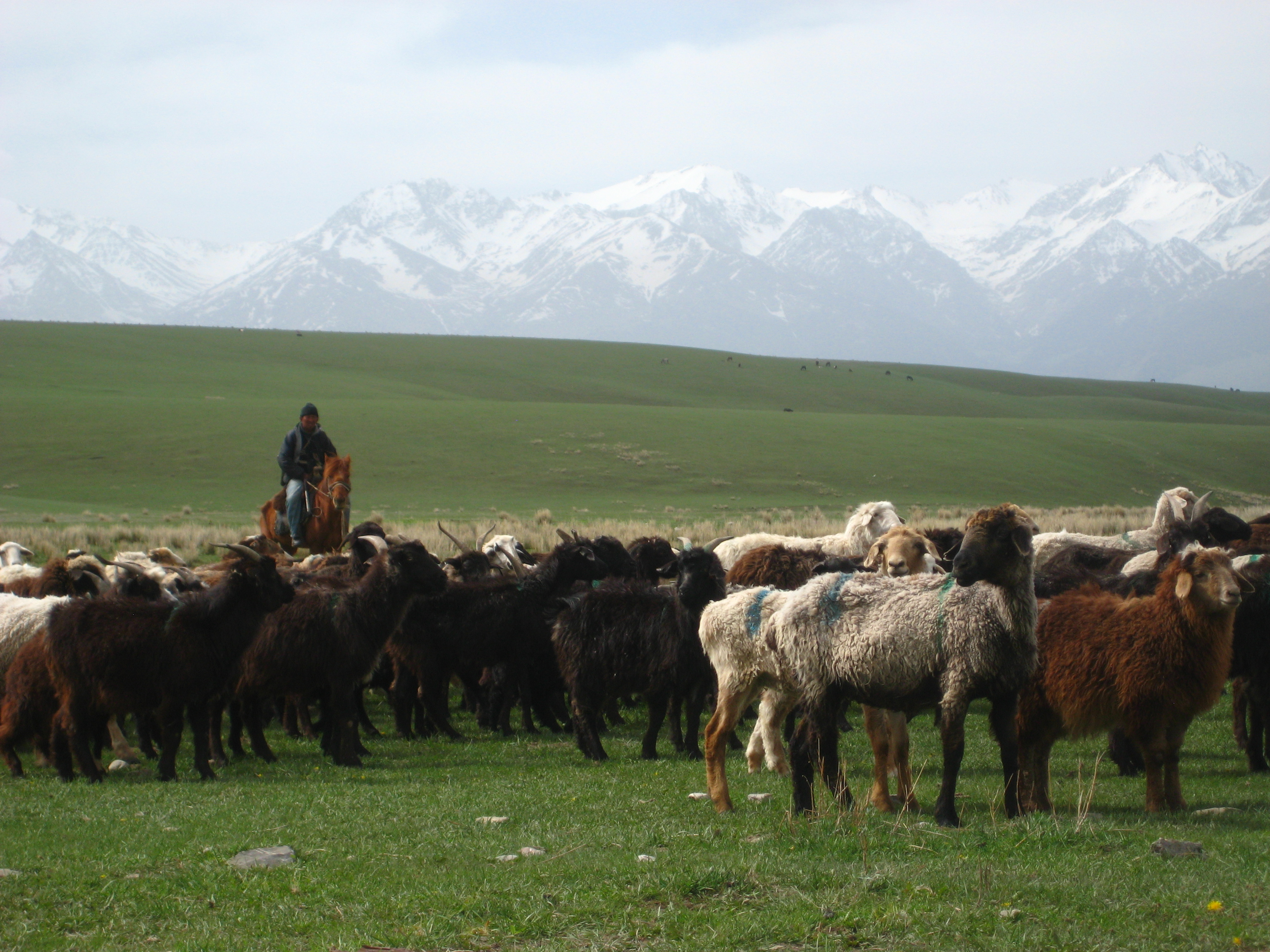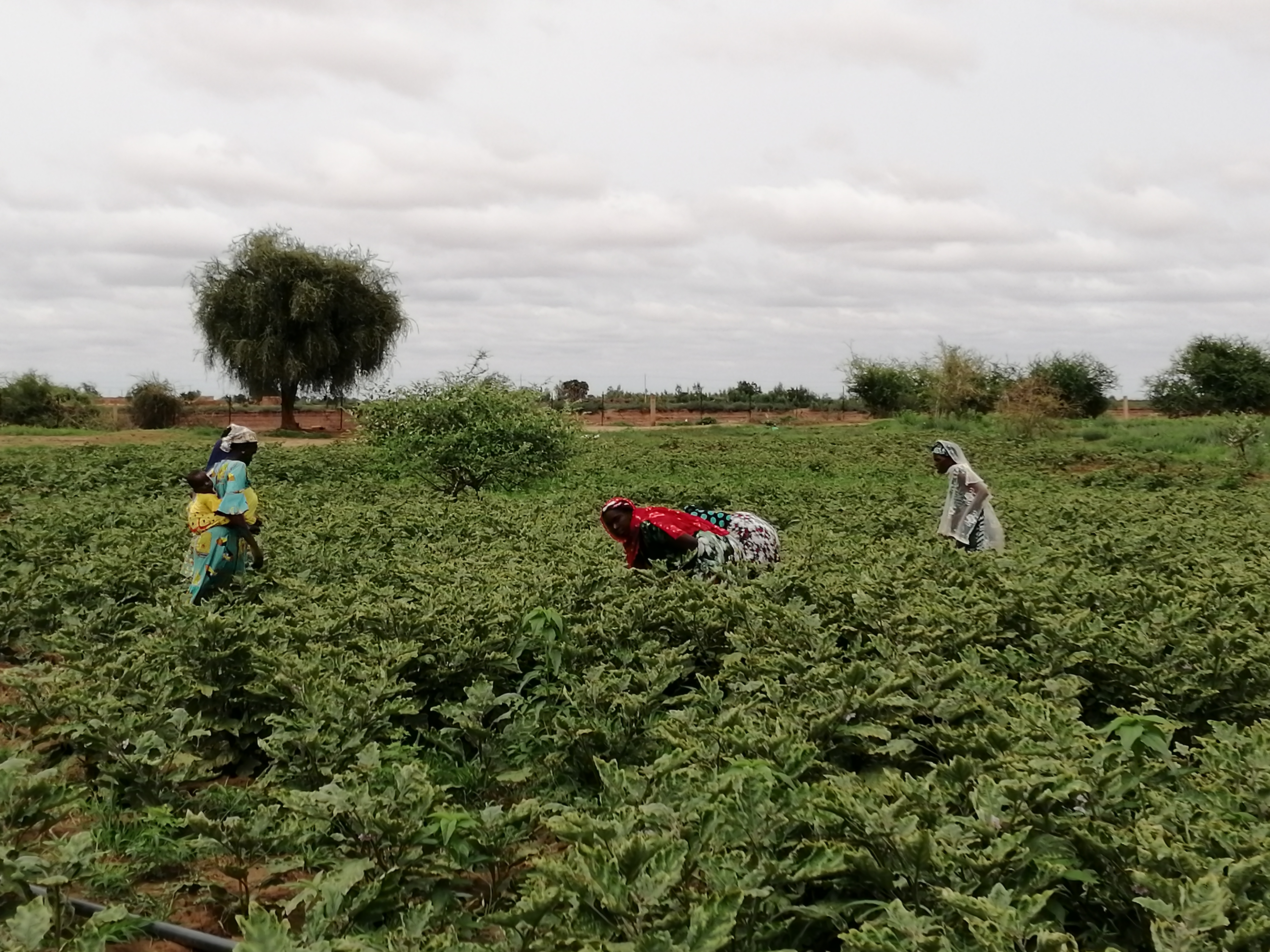IFAD contributes to Kyrgyzstan’s pioneering pasture reform and privatization of veterinary services - IOE
Rome, 1 March 2023 – Kyrgyzstan is considered a pioneer in terms of the pasture reform as well as the privatization of veterinary services, in the region. IFAD’s support, in effective collaboration and coordination with other international development partners such as FAO, GIZ and the World Organization for Animal Health, has made a visible contribution to these achievements in the country. Fumiko Nakai, Senior Evaluation Officer of the Independent Office of Evaluation of IFAD (IOE), highlighted this aspect during the learning workshop that presented the findings, conclusions and recommendations of IOE’s Country Strategy and Programme Evaluation (CSPE) report in Kyrgyzstan, on 1 March 2023.
“There were a number of innovations supported in the country programme, which were complemented by other partners. These include support to pasture reform implementation and institutional strengthening, veterinary law permitting the private sector veterinary reorganization, and scholarships given to young students to help them become veterinaries, among others”, explained Ms Nakai.
Organized by IOE, in collaboration with the Government of Kyrgyzstan and IFAD’s Near East, North Africa and Europe Division (NEN), the on-line virtual workshop brought together over 60 participants drawn from the Government of Kyrgyzstan, partner organizations, research institutes, non-governmental organizations, associations, development partners, and IFAD senior management and staff. Mr Nurdin Alisherov, First Deputy Minister of Agriculture, delivered an opening remark representing the Ministry of Agriculture.
“The important areas of the country programme highlighted by the evaluation include systematic support to the livestock sector, pasture reforms, veterinary institutions and private veterinarians, training and preparation of young veterinarians, food security and food safety, animal identification and tracking, early warning for pasture users, livestock breeding, and value chain development”, stated Mr Alisherov.
Meeting participants confirmed that interventions around pasture management and veterinary services were comprehensive and encompassed multiple levels, from policy and legislative frameworks, institutional development, research and education at national level, to concrete activities at field level. The impact on institutions and policies around pasture management and veterinary services was particularly far-reaching.
“The evaluation noted major achievements as a result of IFAD’s strategic orientation. Notable results on the ground included improved veterinary services, reduced incidence of animal and human diseases, and better access to remote pastures”, affirmed Indran A. Naidoo, IOE Director.
Workshop discussants also noted that the IFAD portfolio facilitated a more balanced use of pasture ecosystems with seasonal rotation, but that this has not been sufficient to reverse – or even to halt – deterioration of pasture productivity over a long term. There is a general consensus that a continued and substantial increase of livestock number in the past years is the most plausible explanation for this decline.
The support to value chain development has also faced numerous challenges. Overall, there was a lack of conceptual clarity in terms of how the interventions were expected to leverage investments and facilitate pro-poor value chain development, instead of subsidizing the operations which were ongoing or would have occurred anyway without the project.
There was also a lack of strategic approach at country programme and project level to promote gender equality and women’s empowerment. The portfolio did not make adequate efforts to challenge the social norms, which have limited women’s participation in project activities and decision-making.
To address these challenges, it is recommended that, in preparation for the new country strategy, IFAD conduct a diagnostic analysis of rural poverty and livelihoods. Other recommendations include adopting a strategic approach to pro-poor value chain and cluster development, articulating the additionality and impact pathways for the rural poor, focusing on consolidating the achievements in pasture management and veterinary services and their sustainability, and strengthening the approach to supporting gender equality and women’s empowerment.
“The findings and lessons of this evaluation will directly feed into the upcoming design of the new country strategy. The country strategy will take as its starting point the Government of Kyrgyzstan’s priorities for the agricultural sector set out in the National Sustainable Development Strategy 2018–2040, which aims at supporting poor rural people to improve their productivity, competitiveness, and diversify their income”, highlighted Ms Dina Saleh, NEN Regional Director.
Kyrgyzstan is a mountainous, landlocked country with a population of 6.6 million, of which 66 per cent live in rural areas. After its independence in 1991, Kyrgyzstan implemented a series of structural reforms to transit to an open market economy. Following an initial decline in 1991-1995, the national economy expanded. The gross domestic product per capita (in current US$) increased from US$395 in 1996 to US$1,374 in 2019. Kyrgyzstan became a member state of IFAD in 1993 and the first IFAD loan was approved in 1995. Since then, seven investment projects have been approved for a total cost of US$254 million, with IFAD financing of US$129 million.
For further information, please contact Alexander Voccia [here]
RESOURCES
- To access the workshop learning event page, please click here.
CONTACTS


